In a landmark diplomatic achievement, Russia released U.S. journalist Evan Gershkovich and former U.S. Marine Paul Whelan on Thursday as part of the largest prisoner exchange since the Cold War. The White House confirmed the deal, which involved negotiations with Russia, Germany, and three other countries, and saw 24 prisoners swapped—16 from Russia to the West and eight from the West to Russia.
Among those returned to Russia was Vadim Krasikov, convicted of murdering an exiled dissident in Berlin, Germany confirmed. U.S. President Joe Biden hailed the deal as "a feat of diplomacy and friendship," praising the bold decisions of Washington's allies.
Russian President Vladimir Putin personally greeted the returning prisoners at the Moscow airport, promising state awards for them. Biden and Vice President Kamala Harris were scheduled to welcome the U.S. returnees later in the day.
"Today is a powerful example of why it's vital to have friends in this world," Biden stated at the White House, surrounded by the families of the freed prisoners. He expressed particular gratitude to German Chancellor Olaf Scholz for making the challenging decision to release Krasikov.
This successful exchange marks a significant diplomatic victory for the Biden administration as the U.S. presidential campaign heats up, with Vice President Harris facing off against former President Donald Trump. However, the deal does not signify a reset in U.S.-Russia relations, which remain strained.
U.S. Deputy National Security Adviser Jon Finer told CNN that U.S.-Russia ties are "in a very difficult place" despite the exchange, emphasizing that there was no trust involved in the negotiation.
Critics argue that releasing Russians convicted of serious crimes could incentivize more hostage-taking by adversaries of the U.S. Trump questioned the nature of the swap, asking on social media whether "murderers, killers, or thugs" were among those released, expressing skepticism about the U.S. making favorable deals.
The exchange also involved Poland, Slovenia, Norway, and Belarus, with Turkey coordinating the process. The Kremlin stated that the decision to pardon and release prisoners aimed to bring Russian citizens detained abroad back home.
This historic exchange underscores the complexities and challenges of international diplomacy, showcasing both the potential for cooperation and the persistent tensions between nations.



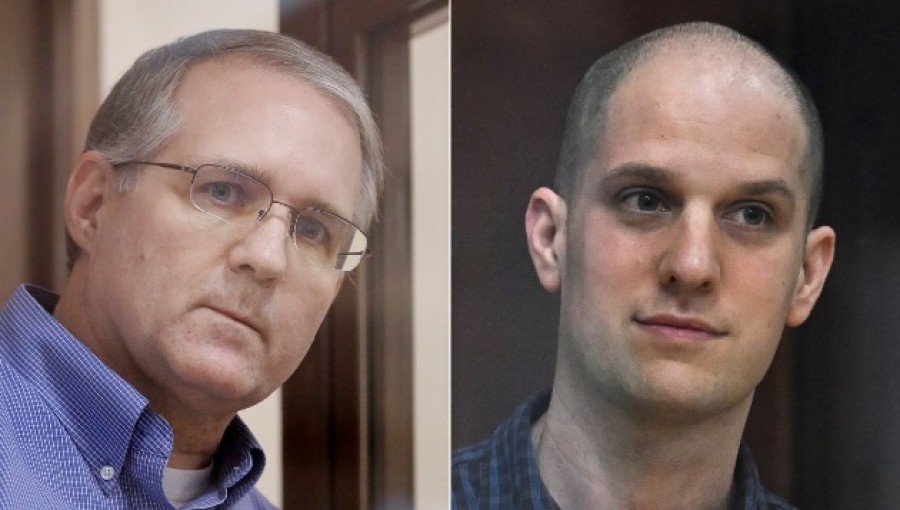
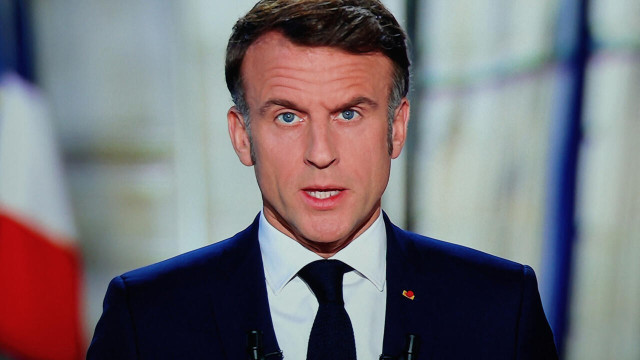
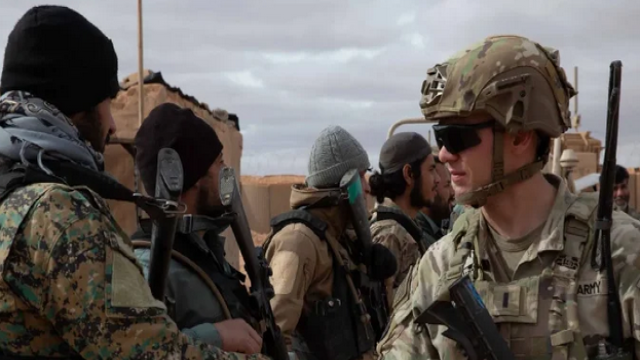
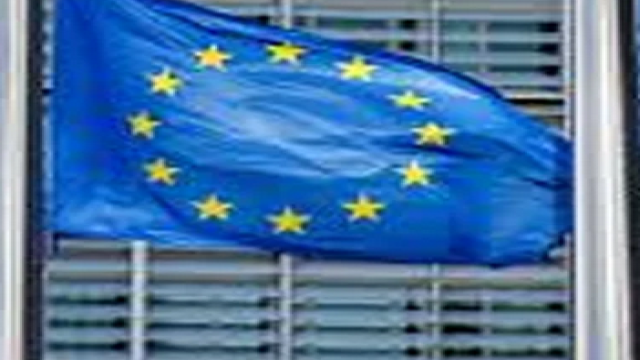
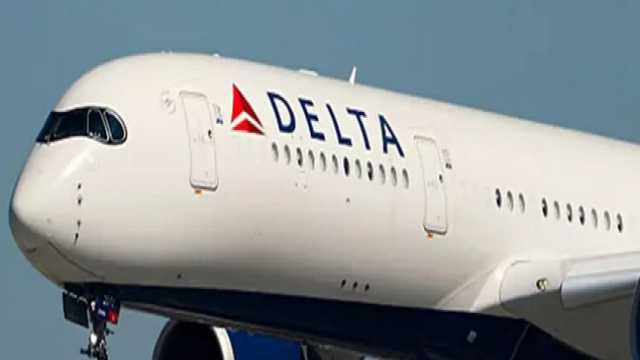


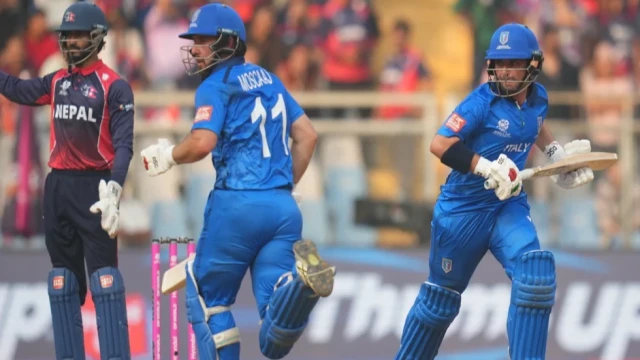
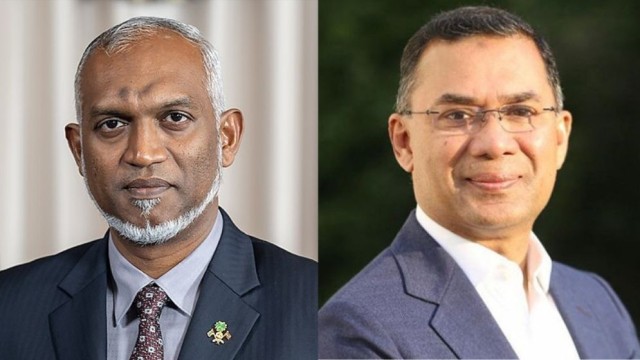
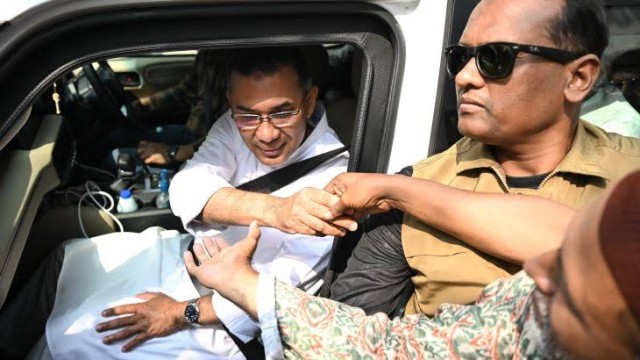


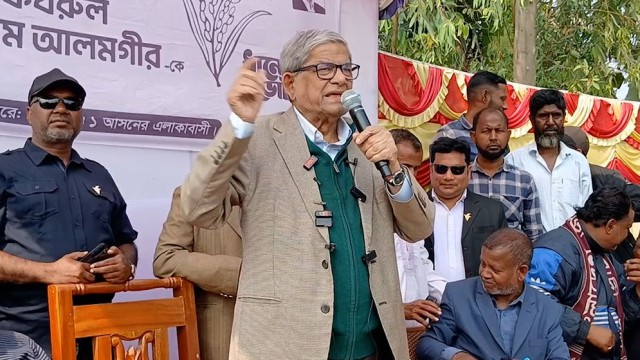
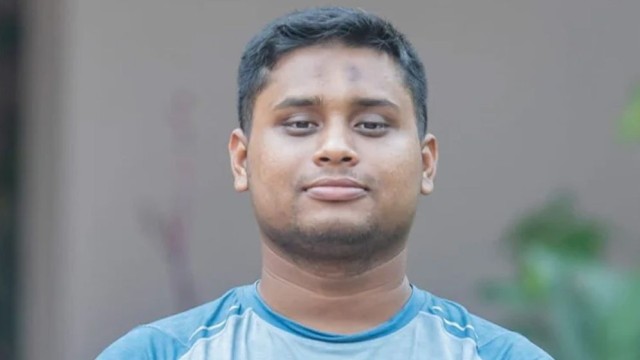














Comment: